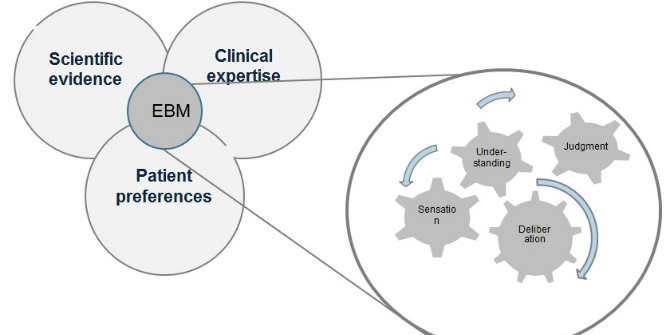

This leads to better-designed programs that are more likely to achieve their intended outcomes. Improved Program Effectiveness: Evidence-based decision-making allows program managers and policymakers to make informed decisions based on reliable data and evidence.There are several benefits of using evidence-based decision-making in monitoring and evaluation (M&E), including: This approach helps to ensure that resources are used effectively and efficiently, and that programs and policies are more likely to achieve their intended outcomes.īenefits of Evidence-Based Decision-Making in M&E The ultimate goal of evidence-based decision-making in M&E is to ensure that programs and policies are based on sound evidence, rather than assumptions or guesswork. Once the data is collected, it is analyzed and interpreted to identify patterns and trends, and to draw conclusions about program effectiveness. It involves using a variety of quantitative and qualitative methods to gather data, including surveys, interviews, focus groups, and observations.

This approach involves using data and evidence to identify problems, develop solutions, and measure progress towards achieving goals and objectives.Įvidence-based decision-making in M&E requires a systematic approach to data collection, analysis, and interpretation.

Understanding Evidence-Based Decision-Making in M&EĮvidence-based decision-making in monitoring and evaluation (M&E) refers to the process of using reliable and valid data and information to make decisions about programs, policies, and interventions.

EVIDENCE BASED DECISION MAKING PROFESSIONAL
Organizational Evidence: data, facts and figures gathered by the organizationĮxperiential Evidence: professional experience and judgment of practitioners Scientific Evidence: findings from published scientific research In order for ABC to implement Evidence-Based Decision Making there needs to be conscientious and judicious decisions made considering the following types of available evidence: Achieve Brown County’s definition of Evidence-Based Decision Making is collecting, researching, and analyzing community data in order to paint a complete picture of what’s going on with young people and inform and guide collective decision making.


 0 kommentar(er)
0 kommentar(er)
